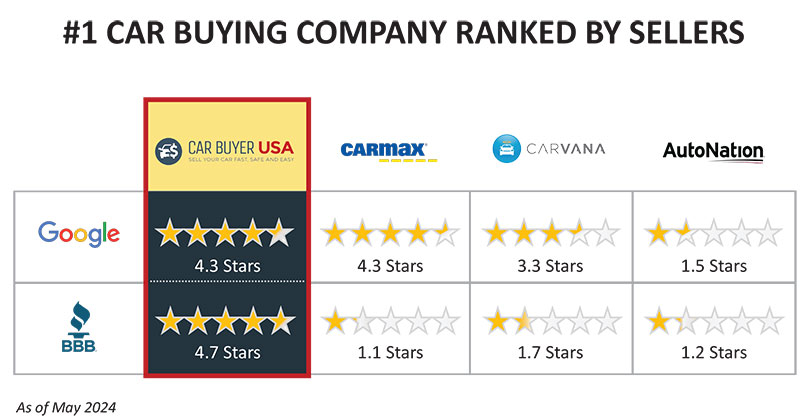
Used car pricing is influenced by various factors, including the characteristics of the vehicle itself, prevailing market conditions, and broader economic trends. Specific details such as the make, model, and year of a car play a significant role. Popular models with reputations for reliability and desirability tend to retain value better. Mileage is another critical factor, as lower mileage is associated with a longer lifespan and fewer anticipated repairs. The overall condition of the vehicle also matters; cosmetic flaws, mechanical issues, or a poor maintenance record can lower its value. Vehicles equipped with advanced technology or luxury features typically fetch higher prices compared to their basic counterparts.
Market dynamics are equally important in determining prices. Supply and demand directly influence value, with limited availability of certain vehicles, like SUVs and trucks, often driving up prices. Seasonality also affects pricing; for example, convertibles may be more expensive in summer, while all- wheel-drive vehicles are in higher demand during winter. Broader economic trends, such as consumer confidence, unemployment rates, and the overall state of the economy, shape how much buyers are willing to pay for used vehicles.
External factors further shape the market. Macroeconomic elements like fuel prices and interest rates on auto loans can alter consumer preferences, pushing demand toward fuel-efficient or lower-cost vehicles during times of economic strain. Many used cars are sourced from auctions, where wholesale prices set a baseline for dealerships to determine retail prices. Additionally, rebates and incentives on new vehicles can impact the used car market, as significant discounts on new models may reduce the appeal of similar used ones, leading to price adjustments. Historical events like the COVID-19 pandemic have also created disruptions, notably when supply chain issues curtailed new car production, increasing demand and prices in the used car segment.
Determining your car's value can be a complex process influenced by various factors, including its make, model, year, mileage, condition, and prevailing market trends. Tools like Kelley Blue Book (KBB), Edmunds, and NADA Guides offer quick value estimates, but they may not always provide a complete picture. NADA's data, for instance, is highly regarded but sometimes criticized for relying on industry averages, which might not fully account for regional factors or unique vehicle specifics. To get a more accurate assessment, it’s helpful to consult multiple sources, such as Black Book (BB) alongside KBB and Edmunds, as each uses distinct algorithms and regional insights that can lead to varying estimates.
The traditional approach of using NADA, Edmunds and Kelly Blue Book has given consumers more headache than help. NADA, now under JD Power & Associates, has shifted focus with its new ownership, creating potential unfamiliarity for users. While JD Power is best known for customer satisfaction ratings, its association doesn’t necessarily guarantee reliability in car valuations. Moreover, platforms like Edmunds, now owned by CarMax, and others often sell user data to dealerships. This practice may result in your contact information being shared with multiple dealers eager to engage, which can feel like a conflict of interest for those seeking impartial estimates.
Valuation tools typically provide a range of values—low, average, and high—but these should be viewed as general guidelines rather than firm guarantees. The high estimate, for instance, is often optimistic and may not reflect what buyers or dealers are willing to pay. Understanding the differences between private sale value, trade-in value, and dealer retail value is crucial. Trade-in offers tend to be lower but come with the advantage of convenience.
If you want to know your car’s real-world value, it’s important to remember: “It’s only worth what someone is willing to pay today.” Many online valuation tools operate on lead-generation models, using your inquiry to sell personal data to dealerships for follow-ups. At Car Buyer USA, we take a different approach. We provide fast, free quotes with no strings attached—no need for personal details like your email or phone number.
For over 12 years, Car Buyer USA has offered cash offers without pressure or intrusive tactics. Unlike many competitors who charge hidden fees or use your information for marketing, we prioritize transparency and simplicity. Our no-obligation offers come without processing fees or unexpected costs, ensuring a stress-free experience.
Get started today by visiting carbuyerusa.com, emailing info@carbuyerusa.com, or calling 678-635-2050 for assistance. Let us make selling your car easy and straightforward!


